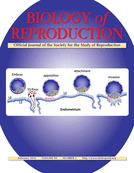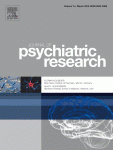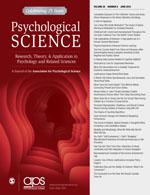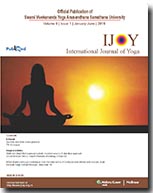 Without a certain protein, mouse sperm have motility disorders. That’s the conclusion of a paper that has itself been stopped — by errors in the data analysis, carried out by a third-party company.
Without a certain protein, mouse sperm have motility disorders. That’s the conclusion of a paper that has itself been stopped — by errors in the data analysis, carried out by a third-party company.
The retraction note pins the analysis, which led to faulty data, on a “corporate company.” Aside from the companies that sell the kits used for substrates, assays, and detection, there’s only one company mentioned in the paper:
Generation of the mouse model was performed by the Cyagen Company (Guangzhou, China)
However, a representative of Cyagen says it does not offer the type of analysis described by the retraction note.
Here’s the full retraction note for the 2015 paper in Biology of Reproduction (which is paywalled — tsk, tsk):
Continue reading Sperm paper impaired by “corporate company” analysis








